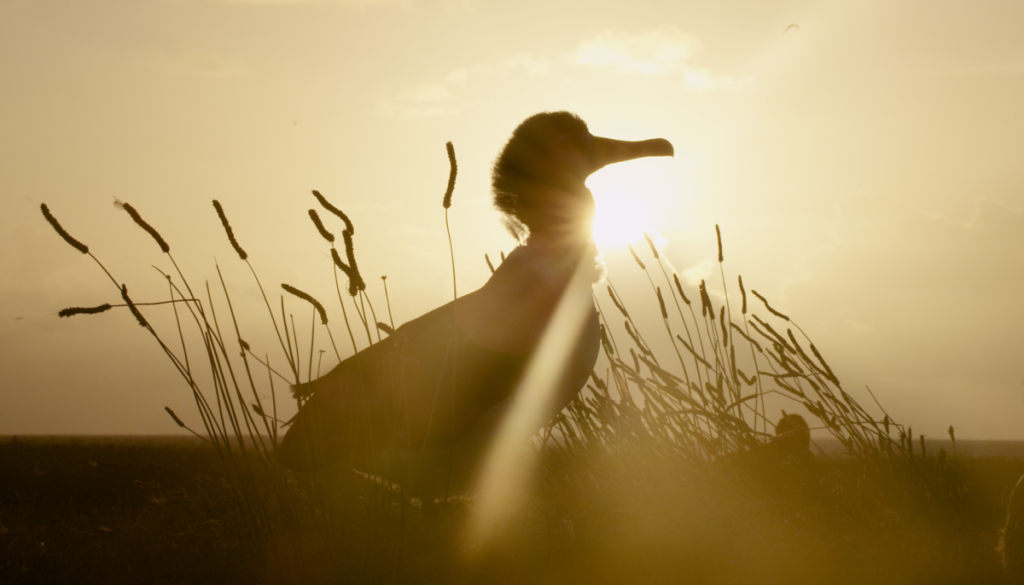Can a film festival change the world? Timeout article by Nick Dent
Original article by Nick Dent, Timeout
Daniel Simons is the national director of the Transitions Film Festival, which offers both cautionary and inspirational documentaries on people and ideas that are leading the way towards a better world.
“I say Transitions is two things,” says Simons. “One, it’s about the big trends that are shaping our future that we have to be aware of, like artificial intelligence, big data. And it’s about solutions to our global challenges, like climate change.”
Begun in Darwin seven years ago, Transitions Film Festival this year goes to Melbourne, Brisbane, Adelaide, Sydney and Perth.
From climate change to the threat of plastics in our oceans, from the revolutionary power of AI to the potential of a world without work, the films in this year’s program cover the ideas that will shape our lives for generations to come.
Simons talked us through eight amazing and appalling things you can expect to see in just in the festival:
1 The stomachs of dead seabirds, full of plastic.
Albatross is arguably the most powerful film in the festival. International artist Chris Jordan travelled to the island of Midway in the Pacific at a time when the albatrosses were away. He found thousands of decaying corpses – piles of feathers, bones and plastic. Says Simons: “Their stomachs are full of plastic because they are confusing plastic for food. It’s a huge issue.”
2 The Dude, talking about the world’s problems.
In Susan Kucera’s film Living in the Future’s Past, actor Jeff Bridges, alongside prominent scientists and authors, weaves evolution, emergence, entropy, dark ecology, and what some are calling the end of nature into a story that helps us understand our place among the species. “It’s a little bit dark, but really getting into the nitty gritty of why we’re not acting to solve all the problems that we should.”
3 Behind the scenes of the Paris Climate Change Agreement.
Guardians of the Earth is an Austrian documentary that looks behind the closed doors of the negotiations to reveal the clash of forces: national self-interest against destruction of whole countries; rich versus poor; victims against profiteers. “The most interesting thing about that film is that you’re seeing these politicians who you’d think are just bureaucrats, and then you see them on screen up close and very intimate, showing their emotions,” Simons says. “It really shows you another side to them.”
4 The universal basic income explained.
Free Lunch Society details the idea of an income for all and argues that it’s the next logical step in the progression of democracy. “It’s really interesting to me because I thought that a universal basic income was a new concept, but the film goes through where it’s been attempted before,” says Simons. “We’re going to have to have something [like it], because the robots are taking all our jobs.”
5 How the process of humans and machines merging has already begun.
Supersapiens: Rise of the Mind explores the mind-boggling implications of computers becoming more human and humans becoming more machinelike.”It has Sam Harris, Nick Bostrom, Elon Musk, Richard Dawkins, all the leaders in that field, raising the ethical questions of what’s going to happen. Artificial intelligence is now inevitable and some people are saying that humans will have to merge with machines to compete with machines.”
6 How advertisers are using your personal data to sell you things.
Ever get the feeling that your mind is being read by online advertisers? You’re Soaking in It shows how information about our consuming habits is acquired and traded. “This Canadian film is scary for anyone who has ever signed up to anything without reading the terms and conditions.”
7 The fact that Germany and China have already started down the road of a new economic era.
In The Third Industrial Revolution, social and economic theorist Jeremy Rifkin explains that the current global economic system is faltering, and a global collaboration is needed among millennials to build a more humane and ecological society. “The film goes through all of these exponential technologies and how they are interacting and sets out the roadmap of how we can take advantage of all them to make sure we are going on the right track.”
8 Some good news: how Australia’s OzHarvest is tackling food waste.
Opening night film Food Fighter is a profile of OzHarvest founder Ronni Khan, who started with one van and is now taking the food rescue model global. ”She is a force to be reckoned with, a go-getter. She does events with Jamie Oliver and British royalty. She makes you feel that people can have a big impact. Ronni and the filmmaker are going to be there for that screening.”

